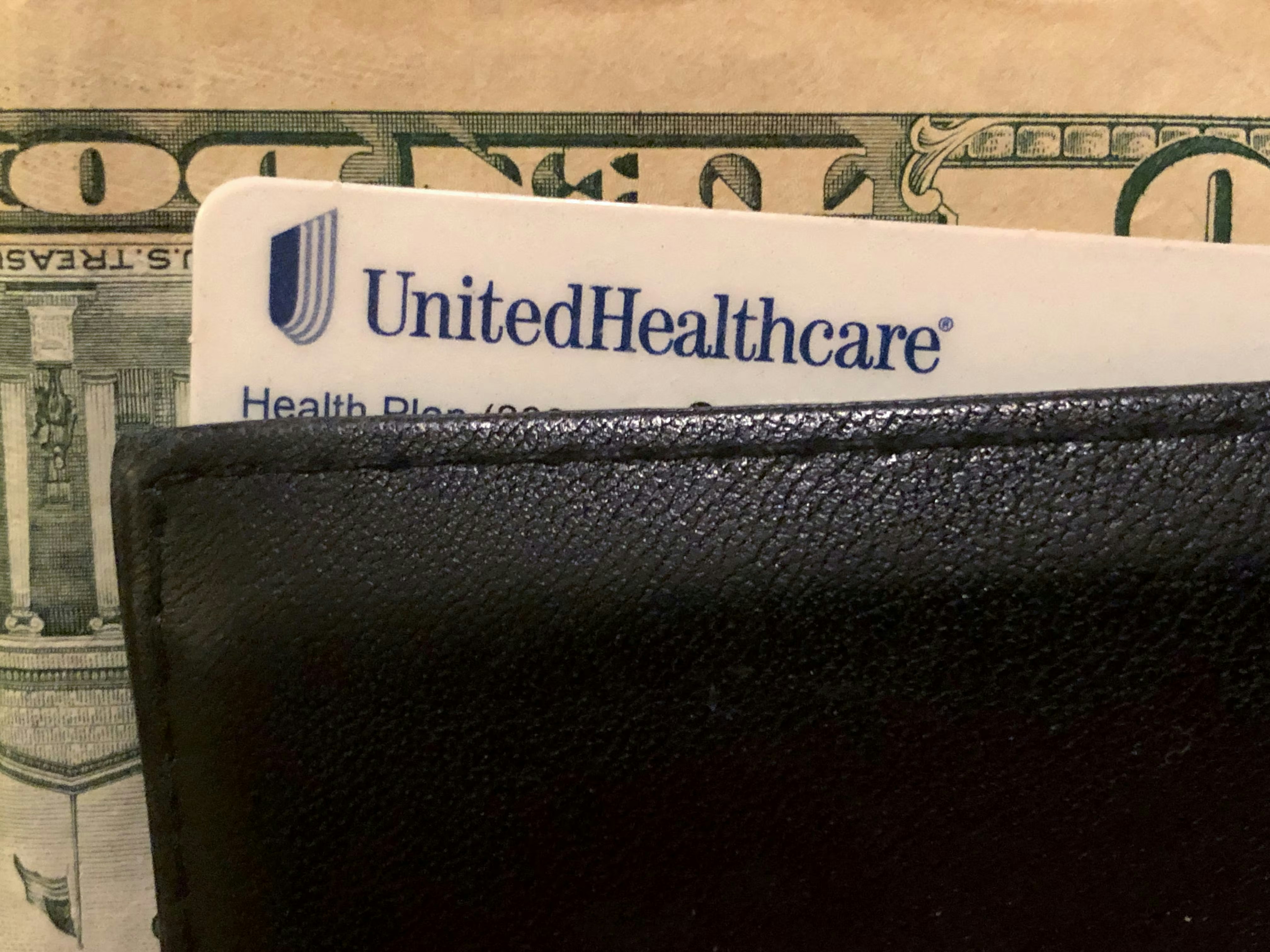The stage is set, the protagonists are ready: UnitedHealth Group Inc. and Amedisys Inc. have put their takeover deal to the test. But the path to the merger of the insurance giant with the leading provider of home health care is anything but clear. The US government is opposing the planned takeover with all its might – and for good reason.
A Race Against Time and Authorities
UnitedHealth and Amedisys have extended their agreement to gain more time for the planned merger. Originally, the deal was to be completed no later than ten days after a court ruling or by the end of 2025, whichever date comes first. However, with massive opposition from US authorities and an ongoing lawsuit from the Department of Justice, it is clear: This deal will not be easy to finalize.
Regulators accuse UnitedHealth of gaining market dominance through the merger, which could significantly threaten competition in the field of home healthcare and hospice services.
The Center of Controversy: Market Power and Competition
The Justice Department challenged the planned takeover in November in a federal court in Maryland. The allegation: The merger could lead to higher prices and less competition in 23 states and Washington, D.C. Particularly sensitive: Amedisys is a main competitor of the LHC Group – a company that UnitedHealth had already acquired in 2022.
The concerns of the government are shared by several attorneys general, including representatives from Maryland, Illinois, New Jersey, and New York. Even the proposal by UnitedHealth to sell over 100 clinics could not dispel the antitrust concerns. According to the lawsuit, the merger would still lead to an undesirable market dominance in more than 100 regions of the USA.
Financial Incentives: An Expensive Retreat
As part of the extension, both companies have adjusted the so-called "Breakup Fee" – a payment that UnitedHealth must make to Amedisys if the deal fails. Originally set at 250 million US dollars, this fee has been increased to 275 million – and could even rise to 325 million if certain conditions are not met.
But these financial concessions are only a small part of the dynamics. Much is at stake for UnitedHealth: The deal would further immerse the company in the lucrative home healthcare market, a sector that is growing exponentially due to the aging population in the USA.
Market Reactions: An Up and Down
During court proceedings and negotiations, the mood on the stock exchange fluctuates. Amedisys shares experienced an increase of up to 4.6% – the strongest jump since July of this year – signaling optimistic investor expectations. Nevertheless, shares have lost 9.6% in value since the start of the year. UnitedHealth shares, on the other hand, remained largely stable, indicating the company's robust market position.
The Bigger Picture: What Does That Mean for the Market?
The acquisition of Amedisys would be another step in UnitedHealth's strategy to unite several components of the healthcare system under one roof. This could allow for more efficient services, but also poses the risk of creating a dominant player that dictates prices.
Critics warn of the long-term consequences for patients and competitors. Smaller providers, in particular, could be marginalized in a market increasingly dominated by giants like UnitedHealth.
Wait and analyze
The outcome of this deal will have far-reaching consequences – not only for the companies involved but for the entire US healthcare system. One thing is certain: UnitedHealth and Amedisys are playing the long game, while the government intensifies its fight against monopolistic tendencies. Whether this multi-billion dollar bet pays off in the end remains exciting.







